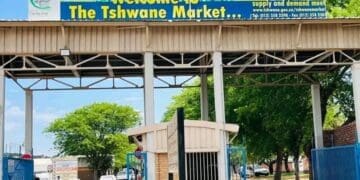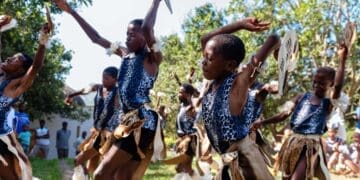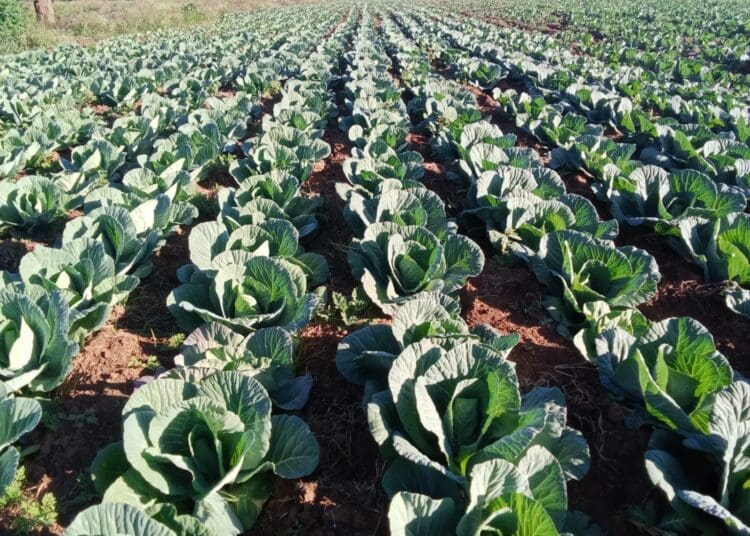Farmers across KwaZulu-Natal are bracing for a challenging period marked by uncertainty, heavy rainfall, and rising temperatures in KwaZulu-Natal.
For many small-scale farmers, the fear of crop damage and livestock losses is a constant reality, compounded by the high costs of protective infrastructure.
Mhlabunzima Zulu, who is the founder and CEO of M.V Zulu Farming and Projects in KwaNxamalala in uMsinga, admitted that the season brought more fear than readiness.
“I cannot say I am fully prepared because the anxiety is overwhelming. Summer often brings negative impacts due to climate change. We cannot stop the season from coming, but we know it will bring nothing good for us farmers,” said Zulu, who specialises in crops such as tomatoes, cabbage, and spinach.
Zulu added that while tunnels could protect crops from excessive rains and harsh weather, they were too costly for emerging farmers.
“Government support in providing such infrastructure would make a real difference,” he said.
For Ntokozo Makhanya, who is the founder and CEO of POWERNATION (PTY) LTD that mostly farms spinach and cabbage at Mjintini, summer is the toughest period of the year.
“For example, the heat during the day and thunderstorms at night damage spinach, leaving it with black spots. Heavy rains wash away cabbages, while hail ruins crops we are preparing to take to market,” he explained.
Makhanya agreed that tunnels and shed nets could protect crops, but many small-scale farmers could not afford them.
Some farmers have adopted measures to protect their fields.
Thandiwe Mchunu, who is a member of the African Farmers’ Association of South Africa (AFASA), said training from the Department of Agriculture had helped her.
“We were advised to open water channels on our farms, plant on raised beds to avoid flooding and use mulching to protect the soil. Intercropping is also encouraged to protect fruits from sunburn,” she said.
However, Mchunu said that livestock roaming freely in rural communities remained a problem.
“As vegetable farmers we suffer when goats and cattle are let loose between May and September. Even strong fencing cannot always protect crops,” Mchunu noted.
AFASA KZN deputy secretary Nikeziwe Nhlangothi has called for stricter laws.
“Livestock owners cannot simply say sorry when their animals destroy crops. Farming is a business and damages must be compensated immediately,” she told Vutivi News.
Zuzile Dube, AFASA’s poultry commodity chairperson from Sobantu, Pietermaritzburg, said small-scale farmers remained the most vulnerable.
“Most are still recovering from past floods, droughts and hailstorms. Inputs like seeds and fertilizer are expensive, and while commercial farmers may have insurance, emerging farmers do not. As a result, they enter each season with fear and uncertainty,” she explained.
Farmers, she added, needed urgent access to affordable insurance, disaster relief funds and reliable weather warnings.
“Training in climate-smart farming and support for infrastructure like irrigation and tunnels would go a long way. Too often, only commercial farmers benefit while small-scale farmers are left behind,” Dube said.
KZN AFASA is calling for government and private sector partners to prioritise small-scale farmers, because without real support, many risk losing both their livelihoods and their food security.































































